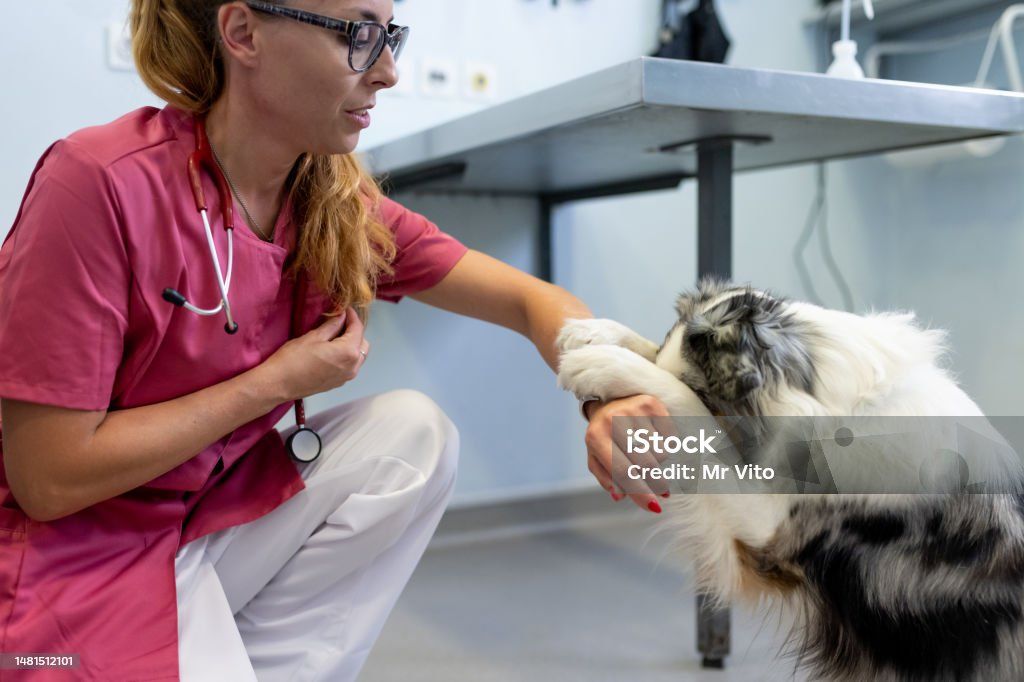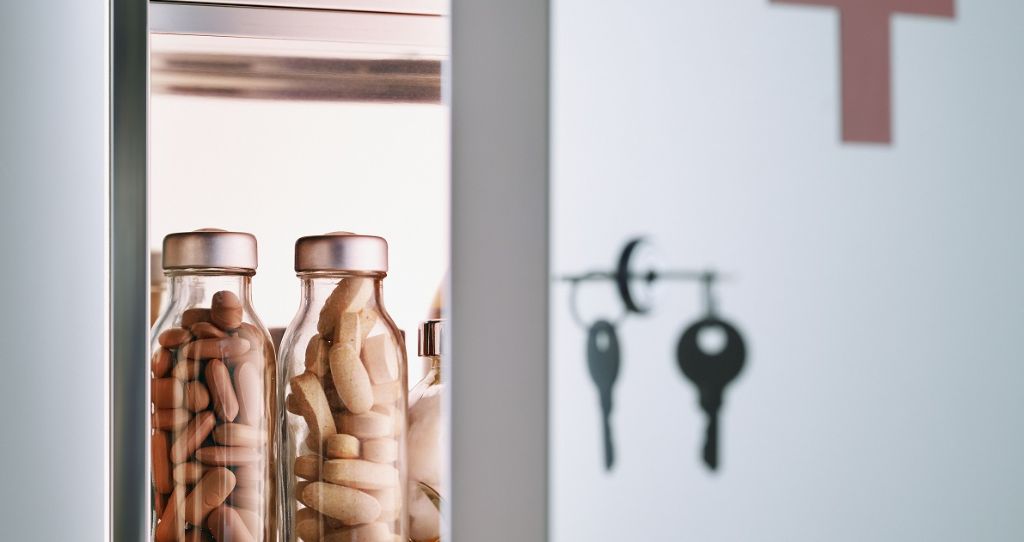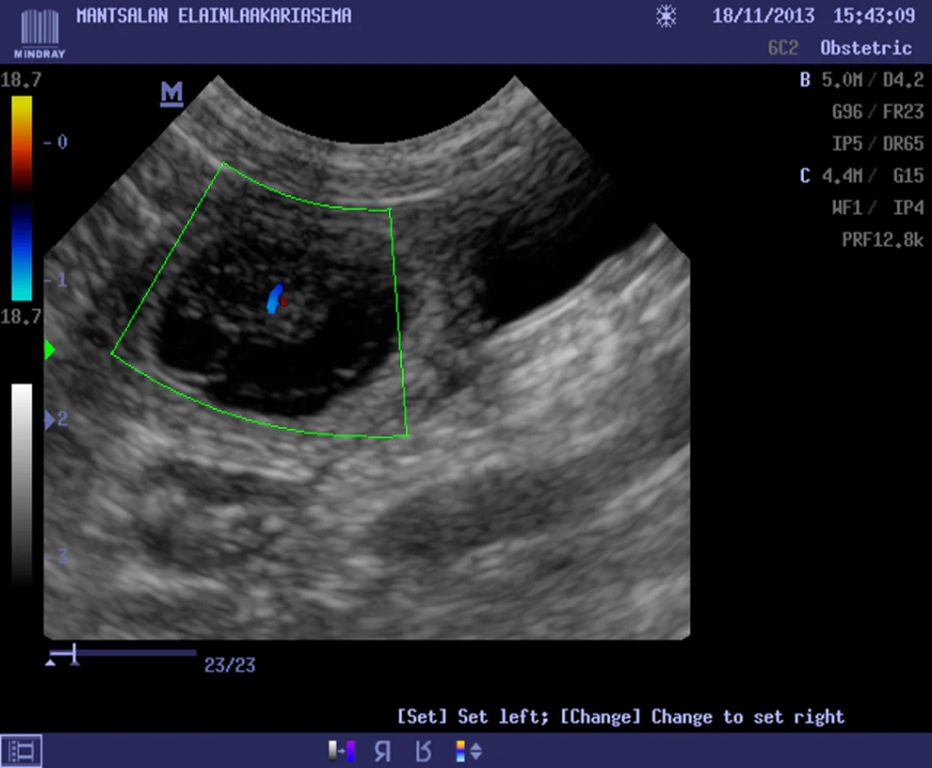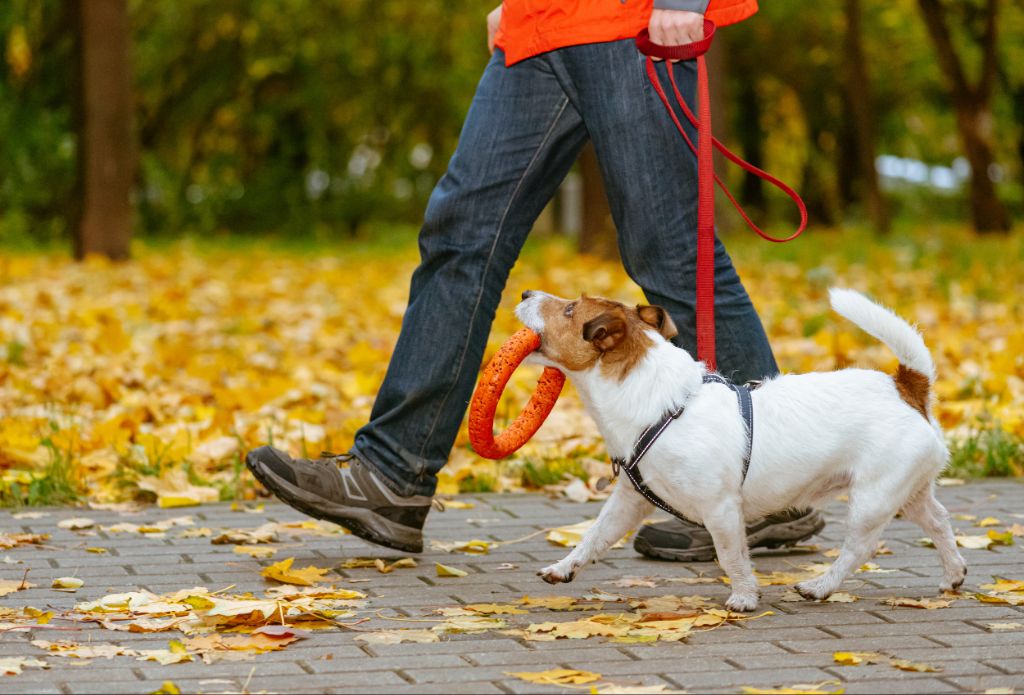What is Plan B?
Plan B is an emergency contraceptive pill for humans that contains levonorgestrel (https://www.plannedparenthood.org/learn/morning-after-pill-emergency-contraception/whats-plan-b-morning-after-pill). It works primarily by delaying ovulation. Plan B is intended to prevent pregnancy when taken within 72 hours after unprotected sex.
Is Plan B safe for dogs?
Plan B, often referred to as the morning-after pill, is an emergency contraceptive designed for human use. It contains the hormone levonorgestrel which can prevent pregnancy when taken shortly after unprotected sex. However, Plan B is not approved for use in animals and the effects have not been thoroughly studied in dogs.
The dosage and effects of levonorgestrel have not been established for canine use. Plan B is formulated and dosed specifically for humans based on human physiology. The appropriate dose for dogs is unknown. Administering medication without proper dosing guidelines can lead to toxicity and serious side effects.

Levonorgestrel can potentially cause a number of adverse effects in dogs including vomiting, lethargy, diarrhea, changes in appetite, and abnormal bleeding. More research is needed to fully understand the impacts of this medication on canine health.
Overall, Plan B should never be given to dogs. It is not proven safe or effective for preventing pregnancy in dogs. Pet owners concerned about accidental dog pregnancies should consult their veterinarian about appropriate options for their pet.
For more on canine contraceptives from a licensed veterinarian, see this source: Pregnancy Termination for Undesired Matings in Dogs
What happens if a dog eats Plan B?
If a dog ingests Plan B, also known as the morning after pill, they may experience some mild side effects like vomiting, diarrhea, or lethargy (source). The effects are generally not severe since the dosage of hormones in a single pill is quite low. According to veterinarians, Plan B is relatively safe for canine ingestion.
Some possible side effects after a dog eats Plan B could include:
- Nausea and vomiting
- Diarrhea
- Lethargy
- Loss of appetite
In rare cases, the hormones in Plan B could potentially cause temporary hormone-related effects in dogs like swollen nipples or spotting. However, these side effects are unlikely with the low dosage dogs would be exposed to from a single pill (source).
Overall, while eating Plan B may cause some mild stomach upset, it is not generally dangerous or fatal for dogs. Pet owners can monitor their dog at home unless severe or prolonged symptoms develop, in which case a veterinarian should be consulted.
When to see the vet
If your dog accidentally ingested a Plan B pill, you should contact your veterinarian, especially if they ate more than one pill. According to PetMD, eating more than one Plan B pill can cause concerning side effects in dogs like vomiting or lethargy. Even if your dog only ate one pill, it’s a good idea to give your vet a call so they can advise you on any potential risks and recommend treatment if needed.
Specifically, you should contact your vet right away if your dog ate more than one Plan B pill. The hormones in Plan B, progestin and estrogen, can be toxic to dogs when consumed in large doses. More than one pill could lead to severe vomiting, diarrhea, fatigue, low blood pressure or even liver damage. Your vet can induce vomiting if needed and provide supportive care to counteract any poisoning.
You should also call your vet if your dog shows any concerning symptoms after eating Plan B like:
- Vomiting
- Diarrhea
- Lethargy
- Loss of appetite
- Shaking or weakness
Your vet can examine your dog and provide treatment to alleviate any side effects. They may recommend inducing vomiting, giving IV fluids or providing medications to control vomiting and diarrhea. Prompt veterinary care is crucial if your dog displays any worrisome signs after ingesting Plan B.
Preventing accidental ingestion

Accidental ingestion of medications by pets is unfortunately very common. To prevent your dog from accessing medications like Plan B, it’s important to keep all medications locked up and out of your pet’s reach. The FDA recommends storing medicines in a secure, high cabinet or container where curious pets cannot get to them
You should never administer human medications to your pet without explicit veterinary approval. Many human medications can be toxic to animals, even in small doses. Plan B in particular contains hormones that can negatively affect your dog’s health if ingested. Only give your pet medication that has been prescribed by your veterinarian for that specific animal.
Be especially careful with loose pills, which dogs may find and swallow. Proper storage and vigilance can protect your furry friends from accidental poisoning. Consult your vet immediately if you suspect your dog has eaten any human medication.
Safer contraceptive options
The best way to prevent unwanted pet pregnancy is spaying or neutering. Surgical sterilization completely prevents dogs from becoming pregnant or fathering puppies. According to the American Society for the Prevention of Cruelty to Animals (ASPCA), spaying and neutering helps dogs live longer, healthier lives by eliminating the risk of uterine infections and breast tumors https://vcahospitals.com/know-your-pet/birth-control-for-dogs.
There are also contraceptive drugs formulated specifically for dogs that are safer alternatives to Plan B. These include megestrol acetate, medroxyprogesterone acetate, and gonadotropin-releasing hormone (GnRH) analogs. They should only be prescribed by a veterinarian, as improper dosing can have serious health consequences. According to French agency ANSES, pet contraceptives require veterinary supervision https://www.anses.fr/en/content/birth-control-pills-female-cats-and-dogs-must-be-prescribed-veterinarian.
Signs of heat in dogs
There are a few classic signs that indicate your dog is in heat. These include:
- Swollen vulva – Your dog’s vulva will become enlarged and swollen. This is due to increased blood flow to the area during estrus.
- Bleeding – You may notice drops of blood or blood-tinged discharge coming from your dog’s vulva. The bleeding occurs during proestrus, which is the first stage of the heat cycle.
- Behavioral changes – Changes in your dog’s behavior are a major indicator of heat. Your dog may become more affectionate, clingy, easily distracted, or nervous and irritable. She may urinate more frequently.
If you notice any of these signs, contact your veterinarian. They can confirm your dog is in heat through a physical exam and run tests to check her hormone levels if needed. Your vet can also advise you on how to care for your dog during this time and discuss options for preventing pregnancy.
Caring for a pregnant dog
Caring for a pregnant dog requires providing proper nutrition, exercise, a whelping box, and working closely with your veterinarian. According to Everyday Health, pregnant dogs need a high-quality puppy food formulated for gestation and lactation that is high in protein, fat and nutrients. Small, frequent meals are ideal as the puppies take up considerable abdominal space later in pregnancy. Avoid strenuous exercise, but regular mild walks are beneficial. As whelping approaches, create a quiet whelping box lined with blankets, and take the dog’s temperature daily watching for a drop below 99F that signals labor will occur soon. Schedule an appointment with your veterinarian promptly once you suspect pregnancy to confirm it and monitor health. Your vet can estimate delivery timing, recommend prenatal vitamins and diet, and plan for potential birthing complications.

Alternatives to plan B for dogs
While Plan B is not recommended for dogs, there are some alternatives pet owners can consider to prevent an unwanted pregnancy:
Emergency spay/neuter – One option is to have the female dog spayed (ovariohysterectomy) or male dog neutered as soon as possible after the accidental breeding. This surgical sterilization procedure when done promptly can prevent pregnancy, though timing is important. Consult a veterinarian immediately. (https://pethelpful.com/dogs/morning-after-pills-for-dogs)
Animal-safe contraceptives – There are some hormonal drugs and supplements that can disrupt pregnancy when given shortly after breeding. These should only be administered under the guidance of veterinarian, as improper use can be dangerous. Some options may include:
– Alizin (estradiol cypionate) injections
– Ovaban pills
– Mismate shots
These drugs work similarly to “morning after” pills in humans, but are specially formulated for dogs and other animals. (https://www.jwoodvet.co.uk/birth-control-in-the-bitch/)
Conclusion
In summary, Plan B contains the hormone levonorgestrel and is intended for emergency contraception in humans. It should never be given to dogs, as it can cause serious side effects and health complications. If your dog accidentally ingests Plan B, contact your veterinarian right away. Signs of exposure may include vomiting, diarrhea, weakness, and changes in appetite or behavior.
There are safer options for preventing unwanted pregnancies in dogs, including spay/neuter surgery, contraceptive implants and injectables, or prescription medications. It’s best to discuss birth control with your veterinarian to find the right option for your pet. If your dog goes into heat, keep her away from intact males until the cycle passes. An unwanted litter can be demanding for the mother dog and challenging to find homes for the puppies.
In conclusion, Plan B should never be given to dogs. Always consult your vet about pet birth control to find the safest and most effective options for your dog.

